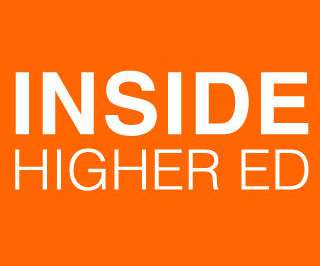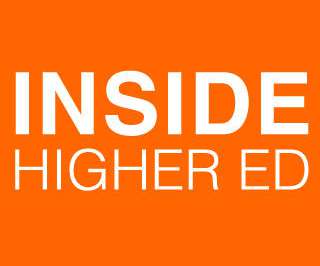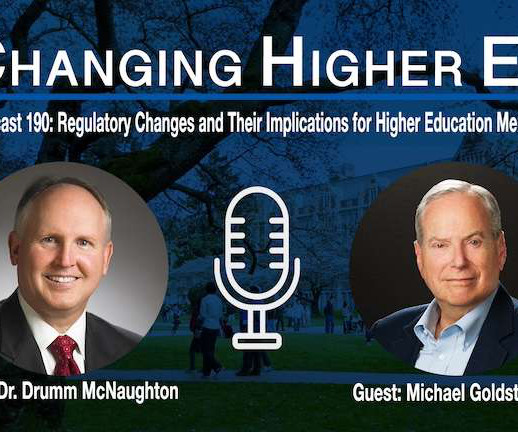How colleges measure and prove their value: Key podcast
Inside Higher Ed
NOVEMBER 10, 2022
At NAU we appointed for the first time a chief economics adviser to the president who is designing some studies that will allow us to get some of those noneconomic value metrics, from the standpoint of what Arizona voters and taxpayers would be willing to invest in, in order to get those noneconomic outputs available to the state.













Let's personalize your content